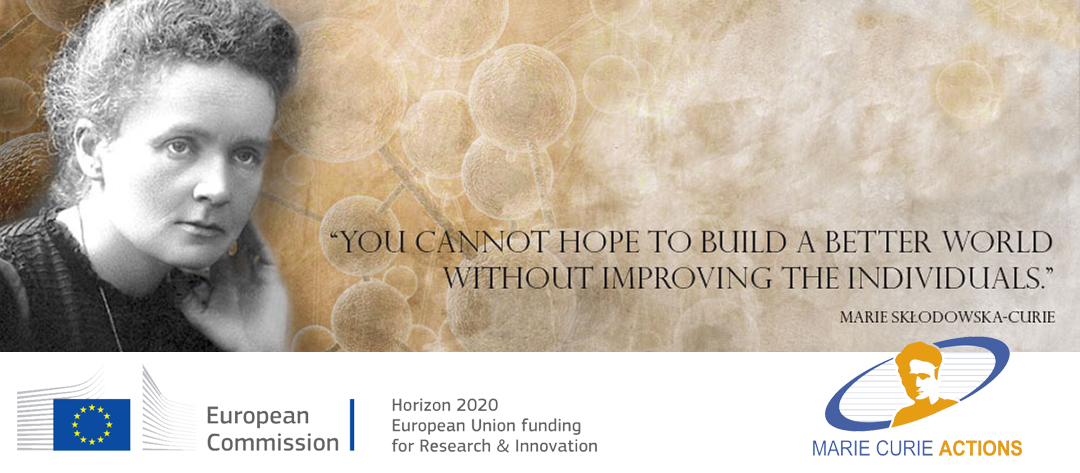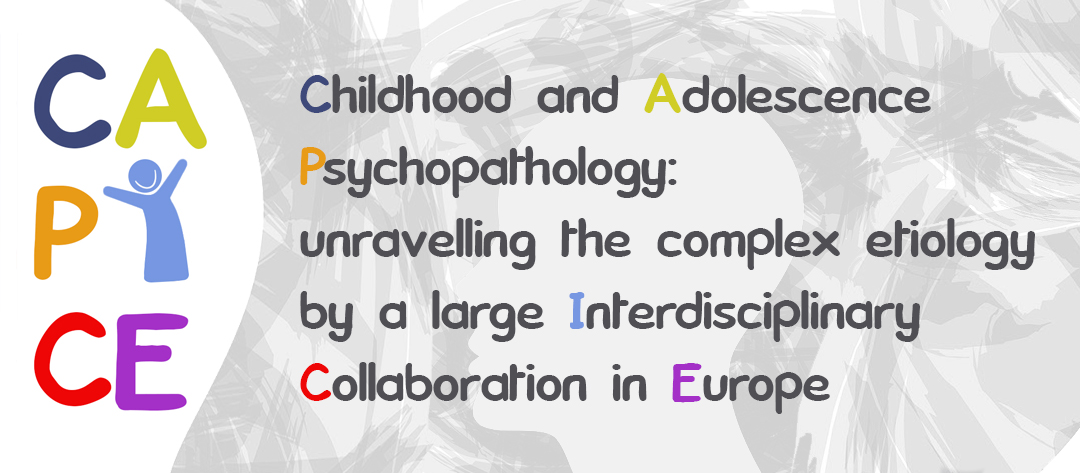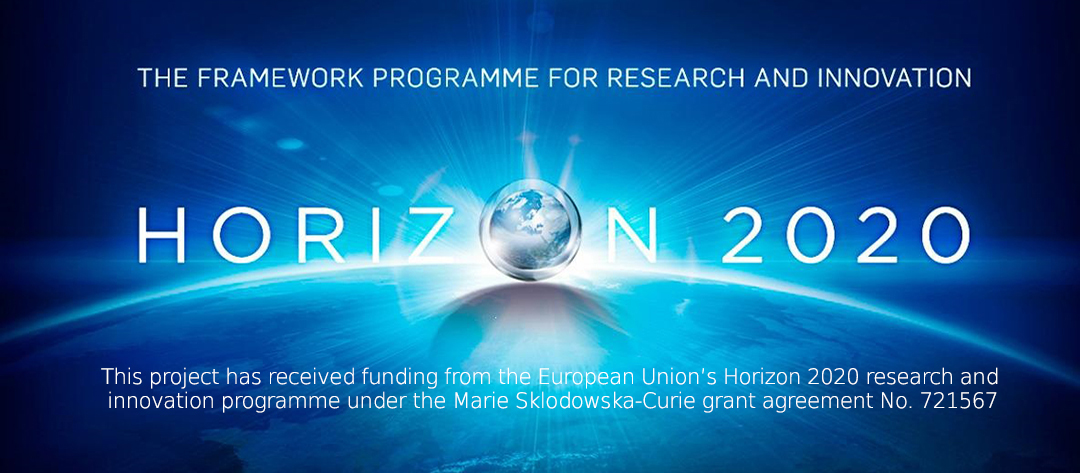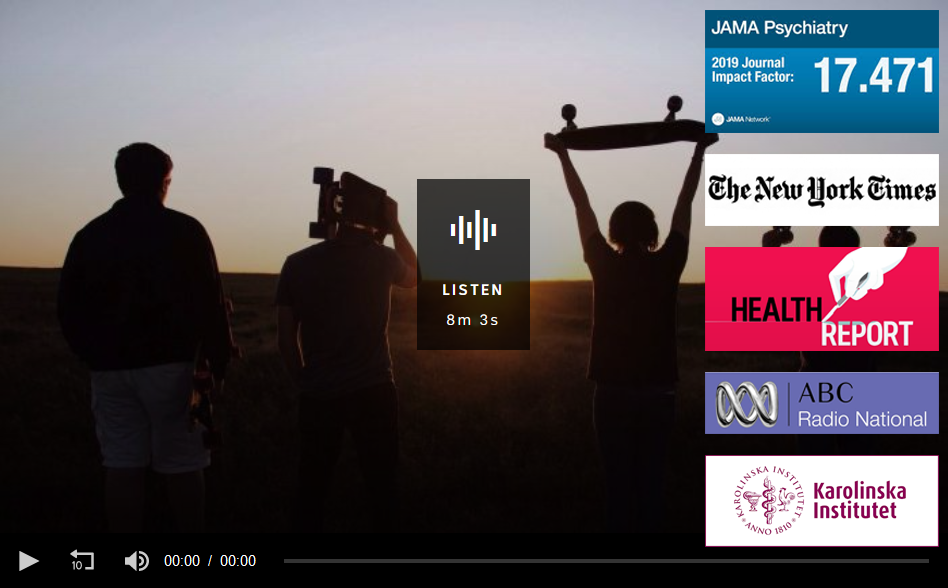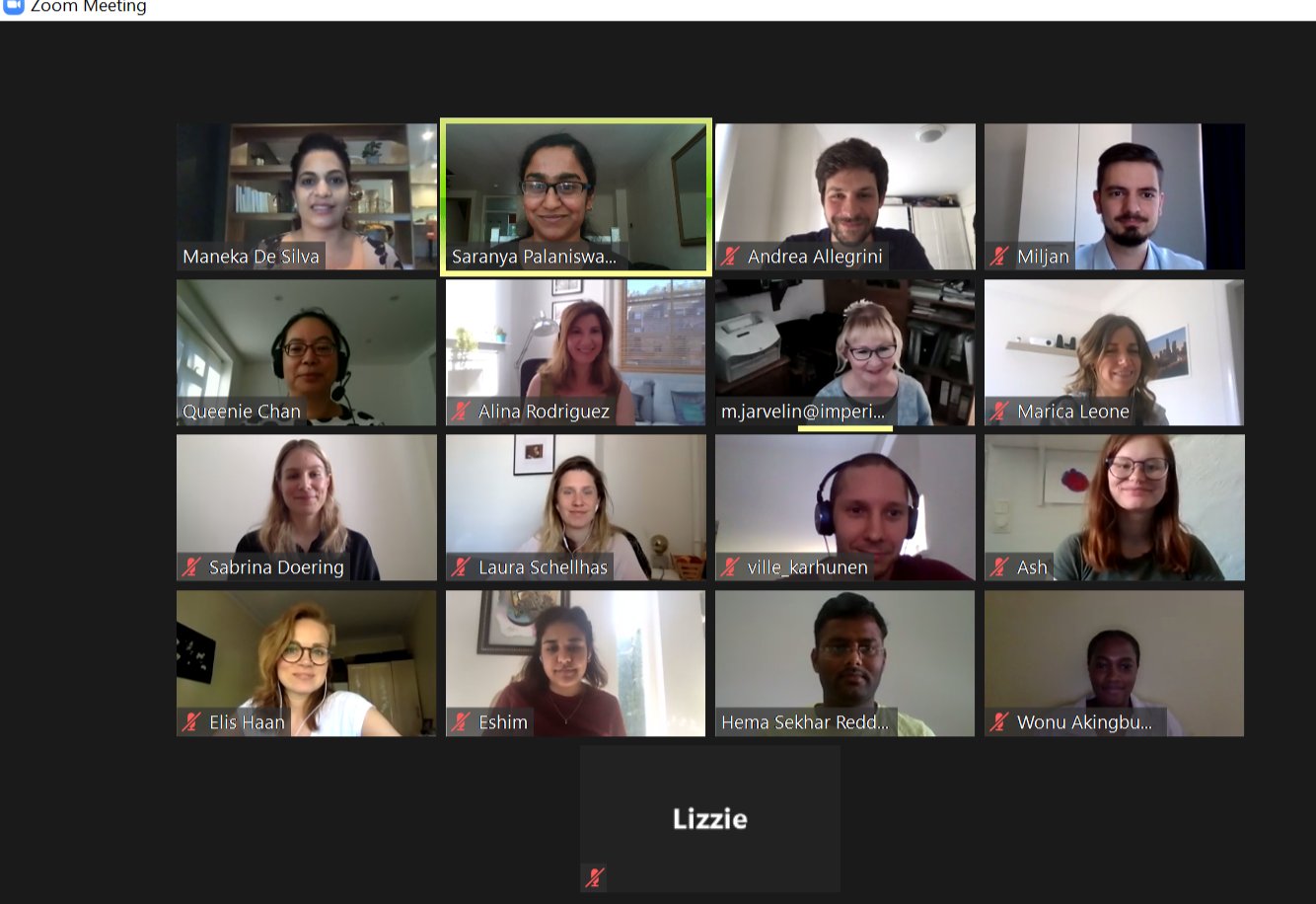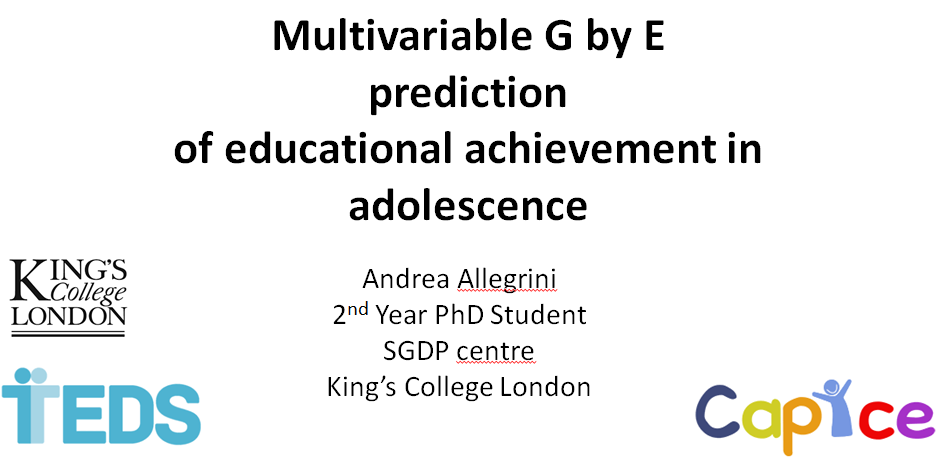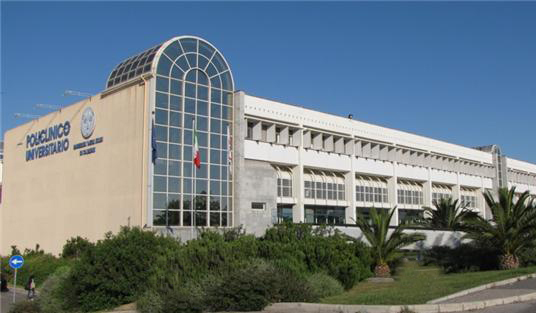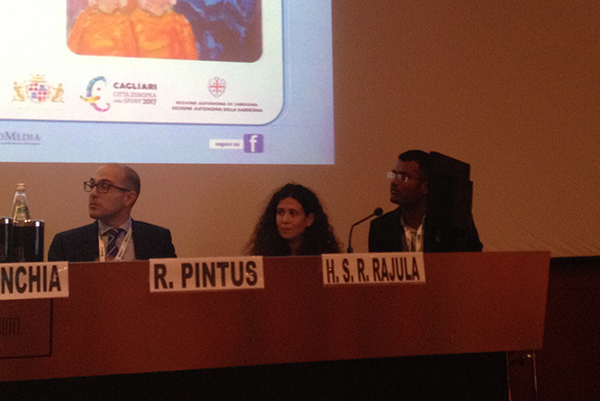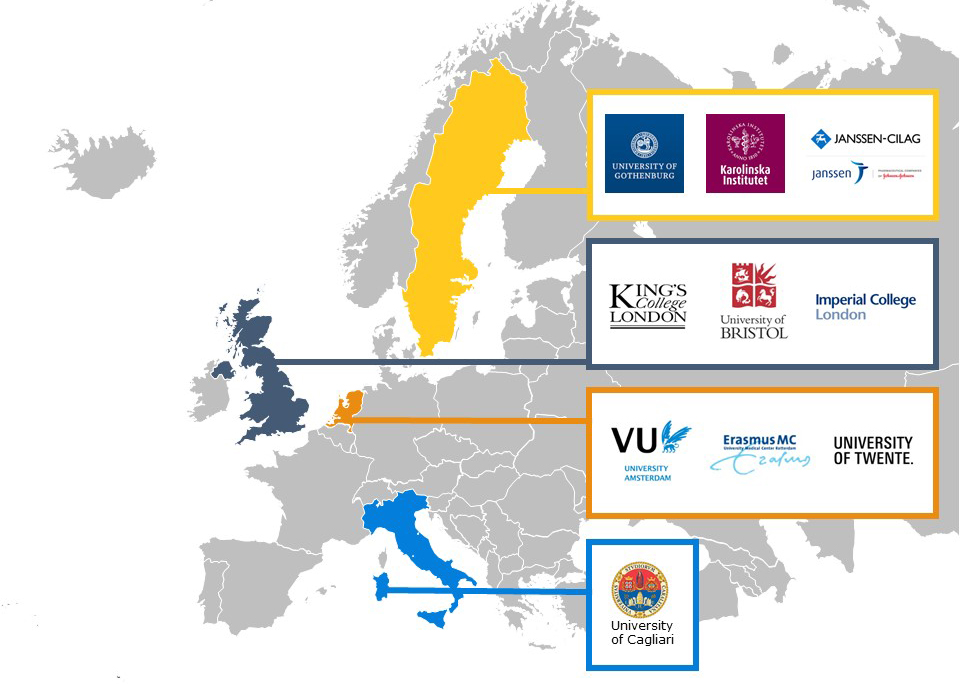This is Hema Sekhar Reddy Rajula, PhD student at the UNICA (University of Cagliari, Italy). My scientific supervisor name is Prof. Vassilios Fanos. I am basically a Bioinformatics student, I am a graduate in masters in bioinformatics from Saarland University, Germany. I did bachelors in bioinformatics from Bharath University, Chennai, India. My master thesis project is Identification of differentially expressed genes from RNA-seq data and topology analysis of disease-specific networks via TfmiR.
I was introduced to the taste of research work when I was doing my thesis. During my last days of masters, I had been looking for PhD position, I had seen about vacancy of the ESR9 postion on CAPICE project in online and it is very much interesting. Then I applied for ESR9 position at UNICA and I was the winner for ESR9 position at UNICA.
I have been staying in Cagliari since September, 2017. In my personal experience, Cagliari is a very nice place to live. The weather is so good. It is obviously completely different to someone who has never had contact with the Island before. In overall one can stay happily in this Island.
UNICA is a fantastic place with all the facilities for researchers. I participated in the 13th International workshop on Neonatology on October 25th to 28th, 2017 (Cagliari Italy), organized by UNICA. There were 150 speakers from 25 countries. During this event, I presented the poster ‘Capice: Childhood and adolescence psychopathology: Unraveling the complex etiology by a large interdisciplinary collaboration in Europe’. I also participated as one of the discussants within the Action session in this workshop. I am also co-author of the abstract related to the poster.
I am also attending the A1 Italian language classes at University of Cagliari linguistic school from second week of October until December end.
CAPICE project is very good opportunity for me to explore myself in various training sessions/workshops which is going to organize by well known universities in next 3 years.
Within the CAPICE consortium, my specific project is “Building a sustainable facility for multi-site analyses and translating the results to the clinic”. Another aim is to summarize the results of (epi)genetic and transcriptomic analyses and explaining the relevance of these findings to the clinic. I am also involved in the dissemination activities of UNICA and in the dissemination activities of this project, under the supervision of the dissemination manager Dr. Matteo Mauri.
I am going to participate in our first major CAPICE event which will be a workshop on genetics to be held in London on 22-24 January, 2018. It is organised by Prof. Robert Plomin, MRC Research Professor and Deputy Director. It will take place at the King's College London Institute of Psychiatry, Psychology and Neuroscience at our Social, Genetic and Developmental Psychiatry (SGDP) Center. The goal of the workshop will be to give an overview of behavioral genetics, both quantitative and molecular. I will come up with more details about this event in my next blog post.

